Shared here are a collection of free to access resources for colleagues interested in Artscaping.
We’re building a network of schools committed to making Artscaping happen for their communities - make sure you sign up to keep in touch with new resources and opportunities.
A Guide to Artscaping, written with colleagues from the Centre for Climate Change and Sustainability Education at University College London and Anglia Ruskin University, offers an inviting introduction to the practice. Filled with beautiful images, the voices of children, artists, staff and volunteers, and links to further reading and resources, it has been designed to introduce you to what Artscaping is, why it is important, who can benefit and how to get started.
Has this Guide been helpful? Your feedback is really important to help us think about how to support colleagues and schools next. Please take a few minutes to complete this short survey here.
The Guide can be explored alongside this thirty-minute webinar, created from interviews and recordings about the Artscaper practice. You will hear the voices of children, artists, teachers, headteachers, researchers and colleagues. The webinar can also be explored as a series of short chapters (view on youtube to see these).
We work with Fullscope and Cambridge Acorn Project to amplify Artscapers and help more children and adults share art-in-nature experiences like these.
We work closely with Professor Nicola Walshe at UCL and Professor Hilary Bungay at ARU to gather evidence of the impact of Artscaping. The Guide draws on research gathered by the Eco-capabilities and Branching Out programmes, and was funded by the UKRI. The companion publication below reports on the research findings from Branching Out.
Together we advocate for all children to have regular arts-in-nature experiences - below is an infographic that summarises are message to policy makers.
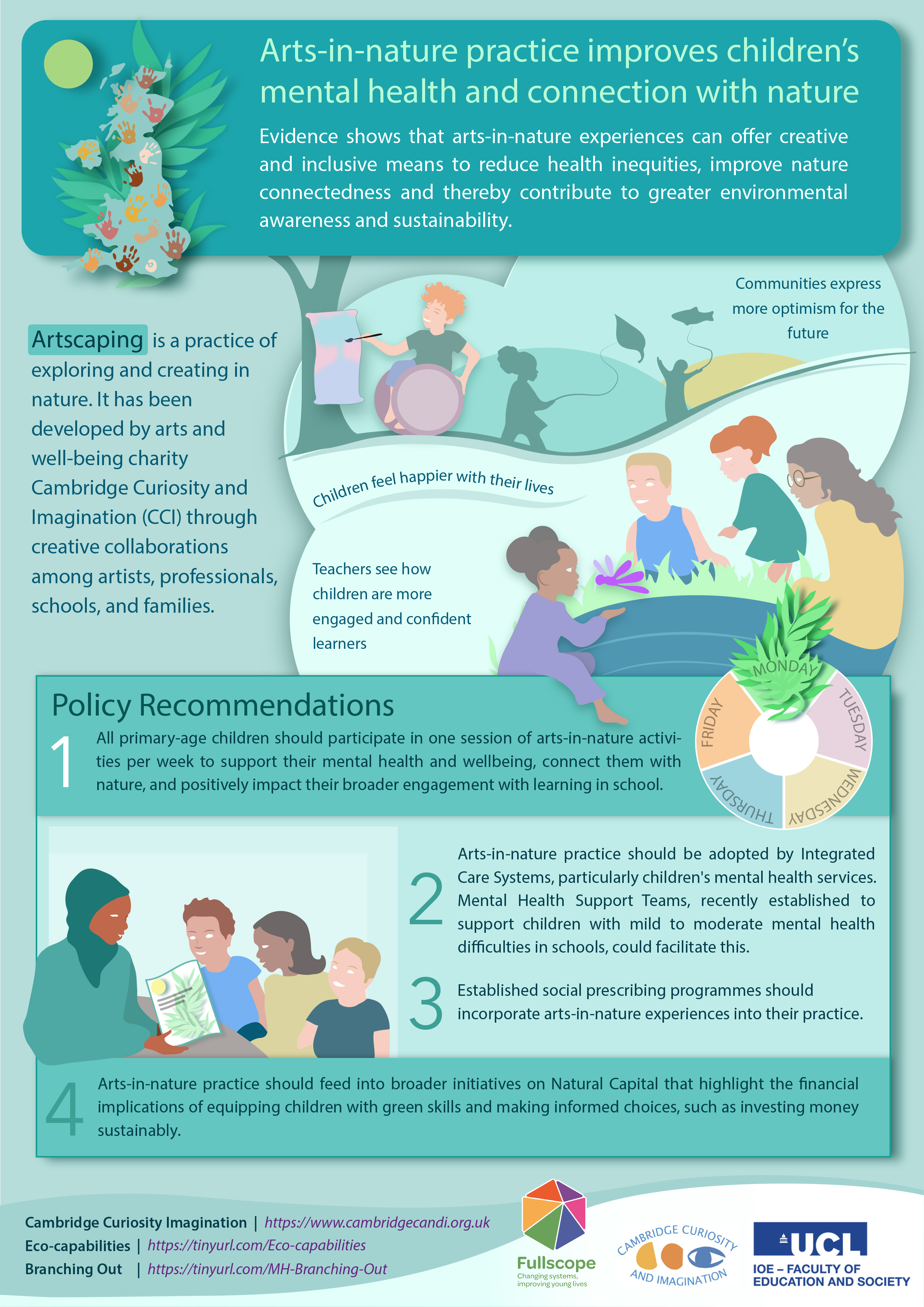
The Public Health team at Cambridgeshire County Council are supporting the Artscaper programme in 2023/4.
You may be interested in...
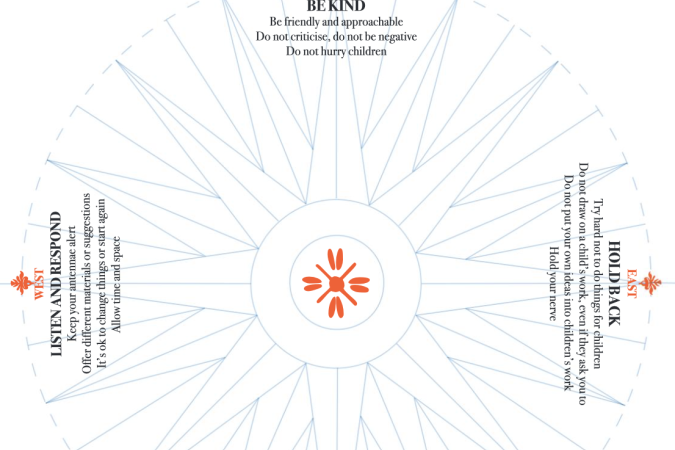
Companionship Compass
A training resource for Community Artscapers, co-created with young artscapers.
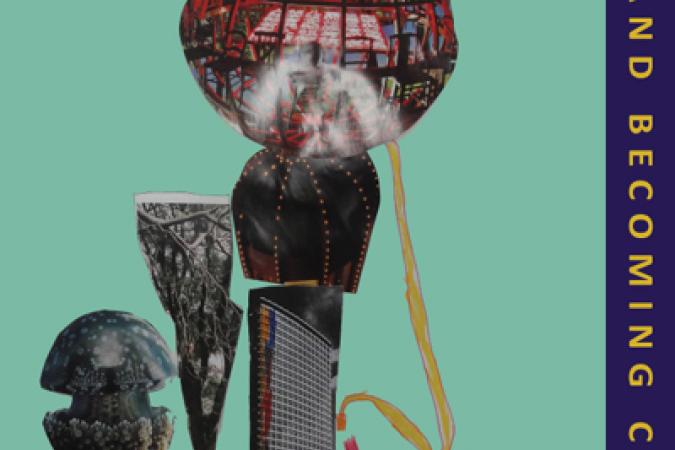
Artscapers: Being and Becoming Creative
How one primary school transformed their curriculum. Written with the co-headteacher.
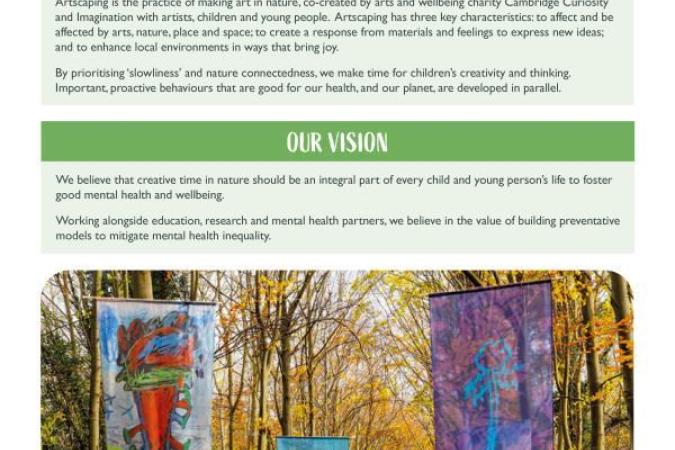
Artscaping - A Case Study
A short case study on the practice and impact of artscaping, published with Fullscope, April 2023.
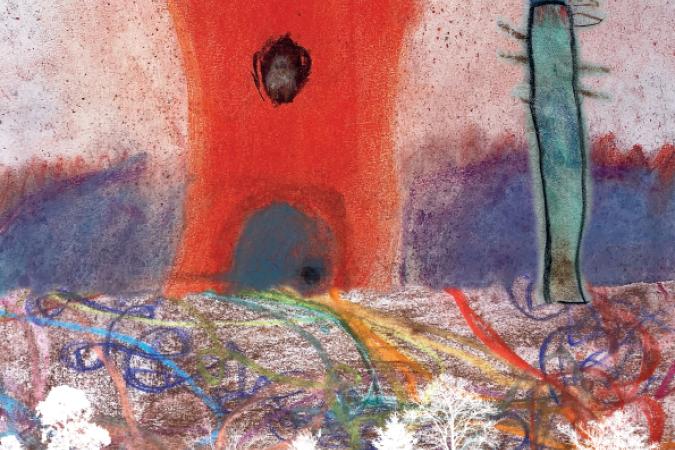
What’s happening under our feet?
A richly illustrated case study and associated teaching powerpoints from a collaborative project with the Crop Science Centre.
